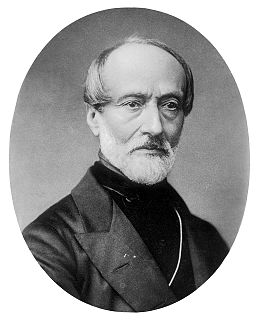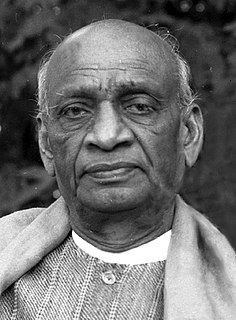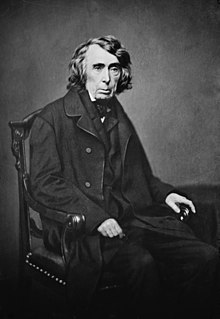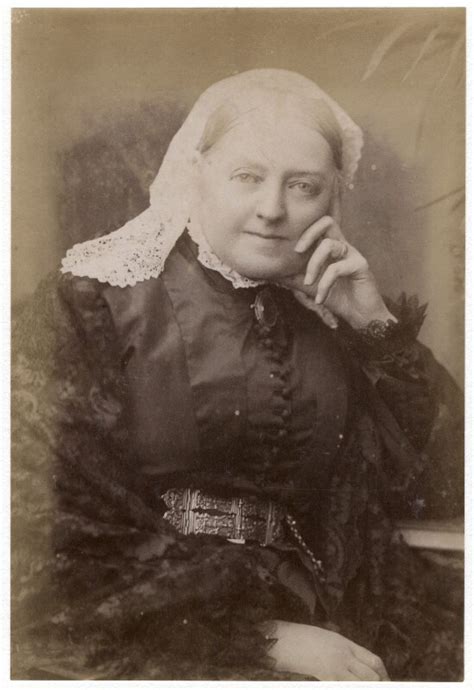A Quote by Mazo de la Roche
Every one regards his duty as a troublesome master from whom he would like to be free.
Related Quotes
We say, then, that Scripture clearly proves this much, that God by his eternal and immutable counsel determined once for all those whom it was his pleasure one day to admit to salvation, and those whom, on the other hand, it was his pleasure to doom to destruction. We maintain that this counsel, as regards the elect, is founded on his free mercy, without any respect to human worth, while those whom he dooms to destruction are excluded from access to life by a just and blameless, but at the same time incomprehensible judgment
A Christian's first duty is to God. It then follows, as a matter of course, that it is his duty to carry his Christian code to the polls and vote them... If Christians should vote their duty to God at the polls, they would carry every election, and do it with ease... it would bring about a moral revolution that would be incalculably beneficent. It would save the country.
The real master is only a presence. He has no intentions of being a master. His presence is his teaching. His love is his message. Every gesture of his hand is pointing to the moon. And this whole thing is not being done, it is a happening. The master is not a doer. He has learned the greatest secret of life: let-go. The master has drowned his ego and the idea of separation from existence itself.
Every man should write a brief history of his life: his parentage, his birth, his religion, when he was baptized and by whom, when ordained, what to, and by whom-give a brief sketch of all his missions and of all his official acts and the dealings of God with him. Then if he were to die and the historians wished to publish his history, they would have something to go by.
Kant does not think there is anything wrong with being beneficent from sympathy. He thinks we have a duty to cultivate sympathetic feelings by participating in the situations of others and acquiring an understanding of them. He thinks we also have a duty to make ourselves into the kind of person for whom the recognition that something is our duty would be a sufficient incentive to do it (if no other incentives were available to us). That's what he means by "the duty to act from the motive of duty".
Some would define a servant like this: 'A servant is one who finds out what his master wants him to do, and then he does it.' The human concept of a servant is that a servant goes to the master and says, 'Master, what do you want me to do?' The master tells him, and the servant goes off BY HIMSELF and does it. That is not the biblical concept of a servant of God. Being a servant of God is different from being a servant of a human master. A servant of a human master works FOR his master. God, however, works THROUGH His servants.
Mine to the core of the heart, my beauty!
Mine, all mine, and for love, not duty:
Love given willingly, full and free,
Love for love's sake - as mine to thee.
Duty's a slave that keeps the keys,
But Love, the master, goes in and out
Of his goodly chambers with song and shout,
Just as he please - just as he please.
Every subject's duty is the King's; but every subject's soul is his own. Therefore, should every soldier in the wars do as every sick man in his bed, wash every mote out of his conscience; and dying so, death is to him advantage; or not dying, the time was blessedly lost wherein such preparation was gained; and in him that escapes, it were no sin to think that, making God so free an offer, He let him outlive the day to see His greatness and to teach others how they should prepare.
I think it was rather an advantage not having any living poets in England or America in whom one took any particular interest. I don't know what it would be like but I think it would be a rather troublesome distraction to have such a lot of dominating presences, as you call them, about. Fortunately we weren't bothered by each other.


































